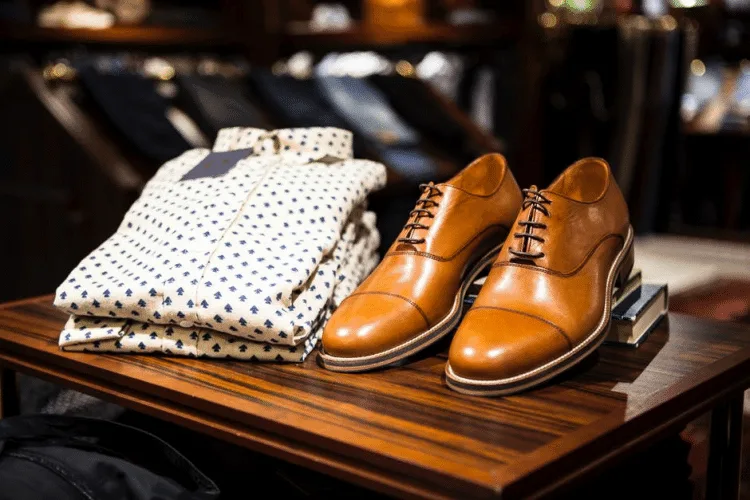
Many people use retail therapy to cope with their personal problems. Buying something new gives us an instant slice of happiness and excitement. We forget about the problem and focus on our shiny new possession. However, over time, a little shopping is no longer enough to distract you from your personal problems. You gradually have to buy more and more to receive that same feeling of excitement.
Compulsive shopping is a mental health condition that leads to the persistent, impulsive and uncontrollable urge to purchase products. You may continue to shop even when you have severe financial, occupational and psychological circumstances.
Here are the main signs of a compulsive buyer.
You lie about what you buy
As you start to shop more, you may feel embarrassed about the number of new items in your possession. You may hide them under the bed or in your wardrobe. You might lie about how much you’re spending on your family and friends. You start to feel ashamed of your shopping habits and nervous about what people might say.
You might even spend behind your husband or wife’s back using a sneaky credit card that’s outside a joint account.
You feel terrific when you shop
You might feel amazing when you are shopping with plenty of bags in hand. However, once you’ve been to the checkout and walked out of the store – the dread hits. You feel guilty shortly after buying a new dress or pair of shoes. So, to make yourself feel better, you go into the next store and buy something else. It’s a never-ending cycle that can quickly spiral out of control.
You buy things you can’t afford
A compulsive buyer often buys things they know they can’t afford. For example, they may use their overdraft to fund their shopping when their paycheck runs out. Shopping in this manner can lead to a huge amount of debt and financial difficulties over time. Alternatively, you may shop in more affordable high street stores, like H&M, Primark or New Look. However, instead of sticking to one or two items that you can afford – you go on a shopping spree. You spend just as much money in the ‘affordable’ store as a high-end brand.
Payday is shopping day
When payday hits, you run to the nearest store to go shopping. Suits Me surveyed 1,000 brits on how much of their disposable income was spent on payday. They found that, on average, Brits spend a whopping 21% of their disposable income on payday. This equates to around £132 on payday alone. You might buy a treat for yourself, such as a takeaway, cocktails or dinner out. It’s important to budget for the entire month rather than blowing through your funds on payday.
Watch out for the signs of compulsive shopping disorder in yourself and your friends and family.
- Sagittarius Man & Gemini Woman Love and Sex Compatibility - January 31, 2024
- Taurus Ascendant Rising Personality Traits in Men (Guide) - January 31, 2024
- How to Seduce and Attract a Sagittarius Man (Seduction Tips) - January 31, 2024
